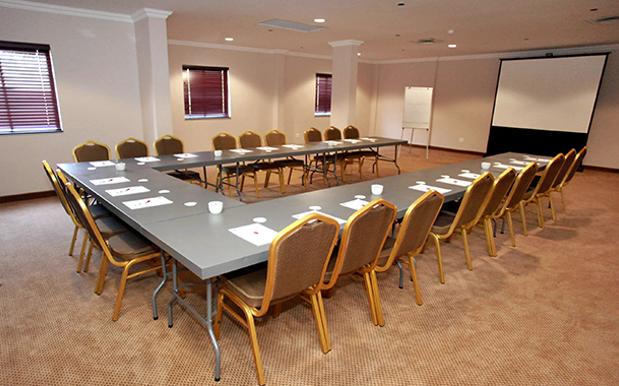Well, this sucks. Despite how far we’ve seemingly come in regards to balancing the gender ledger in society, the damned thing still swings way too far towards the male side for comfort. It’s a cruel fact that should not sit well with any sane, rational human being. And yet, here we are. You might bleat black and blue that at least some important changes have been implemented, and that may be true. But here’s a sobering statistic – according to a new report compiled by Oxfam, women expecting equal pay to their male counterparts in Australia will not see that realised for at least seventy years. Cue the woefully misguided “not all men” reactionary response mechanism.
The Oxfam report shows that none of the world’s top 20 developed nations have pay equality. The problem stems from a couple of key areas. Firstly, women take on the bulk of unpaid caring work, and this entry and exit of the workforce creates roadblocks for perceived earning capability within the current model of workforce. Secondly, Australia is one of 5 of the top 20 developed countries where between a third to a half of women’s employment is part-time (the other four countries being Argentina, Italy, Germany and the UK). And its these factors, among others, that combine to create a pay rate for women that currently sits at 65% that of men’s in Australia.
The report claims that women’s paid employment rates were the same as mens, it would have wildly positive knock-on economic benefits; the Gross Domestic Product of the USA, for example, would grow by 9 percent, the Eurozone‘s by 13, and Japan‘s would increase by a whopping 16 percent.
Oxfam is calling for the issue to be included on the agenda for November’s G20 Leaders Summit to be held in Brisbane. Oxfam Australia’s chief executive Dr Helen Szoke stated there there is “really a lack of ability or attention to actually putting in policies that ensure that gender equality exists.”
“Some countries are better in terms of pay equity, others have still got a long way to go in terms of recognising things like unpaid work and ensuring that women’s voices are heard in public activities.”
“We want inclusive growth and what we know is that there’s very strong evidence that strong development, inclusive growth and women’s rights are all very closely linked.“
So while the inclusion of this topic on the G20 agenda seems like a right and responsible move, sadly it seems that any positive, definitive change on the subject is more than a little way off still, and that really is – and should be – a cause for great concern among us all.
Photo: Rajesh Jantilal via Getty Images.








